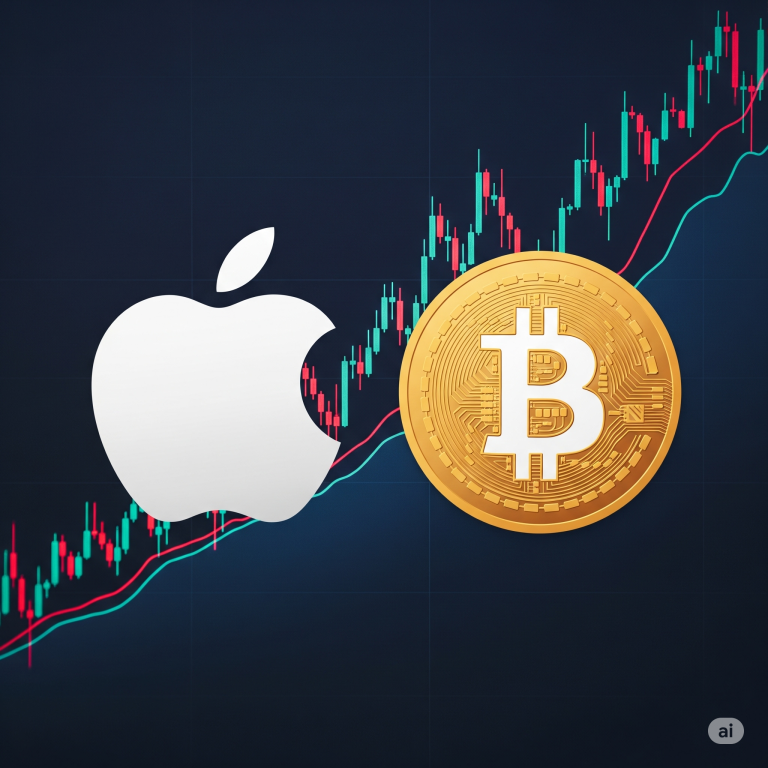Exploring the Future with Cloud Computing
The digital landscape has evolved tremendously over the past decade, and cloud computing stands at the forefront of this transformation. From businesses to individual users, the cloud has become an integral part of our daily lives. But what exactly is cloud computing, and why is it so important?
What is Cloud Computing?
Cloud computing refers to the delivery of computing services, including storage, processing power, databases, networking, software, and analytics, over the internet (“the cloud”). This technology allows users to access and store data on remote servers instead of local machines, providing flexibility, scalability, and efficiency.

Key Benefits of Cloud Computing:

Cost Efficiency: Cloud computing eliminates the need for heavy investments in physical infrastructure. Users only pay for what they use, making it a cost-effective solution for businesses of all sizes.

Scalability: The cloud offers unparalleled scalability. Whether you’re a startup experiencing rapid growth or an established enterprise, cloud resources can be scaled up or down based on demand.

Accessibility: With cloud computing, data and applications are accessible from anywhere in the world, provided you have an internet connection. This accessibility is crucial for remote work and global collaboration.

Data Security: Leading cloud service providers implement robust security measures to protect data from breaches and cyberattacks. Regular updates and backups ensure data integrity and availability.
Disaster Recovery: “Ensuring Business Continuity: The Critical Role of Disaster Recovery in Cloud Computing”
“Cloud computing offers efficient disaster recovery solutions, minimizing downtime and ensuring business continuity in case of unexpected events”.

Popular Cloud Service Models:

Infrastructure as a Service (IaaS): Provides virtualized computing resources over the internet. Examples include Amazon Web Services (AWS) and Microsoft Azure.

Platform as a Service (PaaS): Offers hardware and software tools over the internet, primarily for application development. Examples include Google App Engine and Heroku.

Software as a Service (SaaS): Delivers software applications over the internet on a subscription basis. Examples include Salesforce and Microsoft Office 365.
The Future of Cloud Computing:
As we look to the future, cloud computing is expected to play a pivotal role in emerging technologies such as artificial intelligence (AI), the Internet of Things (IoT), and blockchain. The ability to process and analyze vast amounts of data in real-time will drive innovation and open new possibilities across various industries.
Moreover, the concept of multi-cloud environments, where organizations use services from multiple cloud providers, is gaining traction. This approach enhances flexibility, reduces dependency on a single provider, and optimizes costs.

Conclusion:
Cloud computing is not just a technological advancement; it is a paradigm shift that is reshaping the way we live, work, and interact with the digital world. As the technology continues to evolve, staying informed and embracing the cloud’s potential will be key to thriving in the digital age.
Subscribe to our newsletter!






